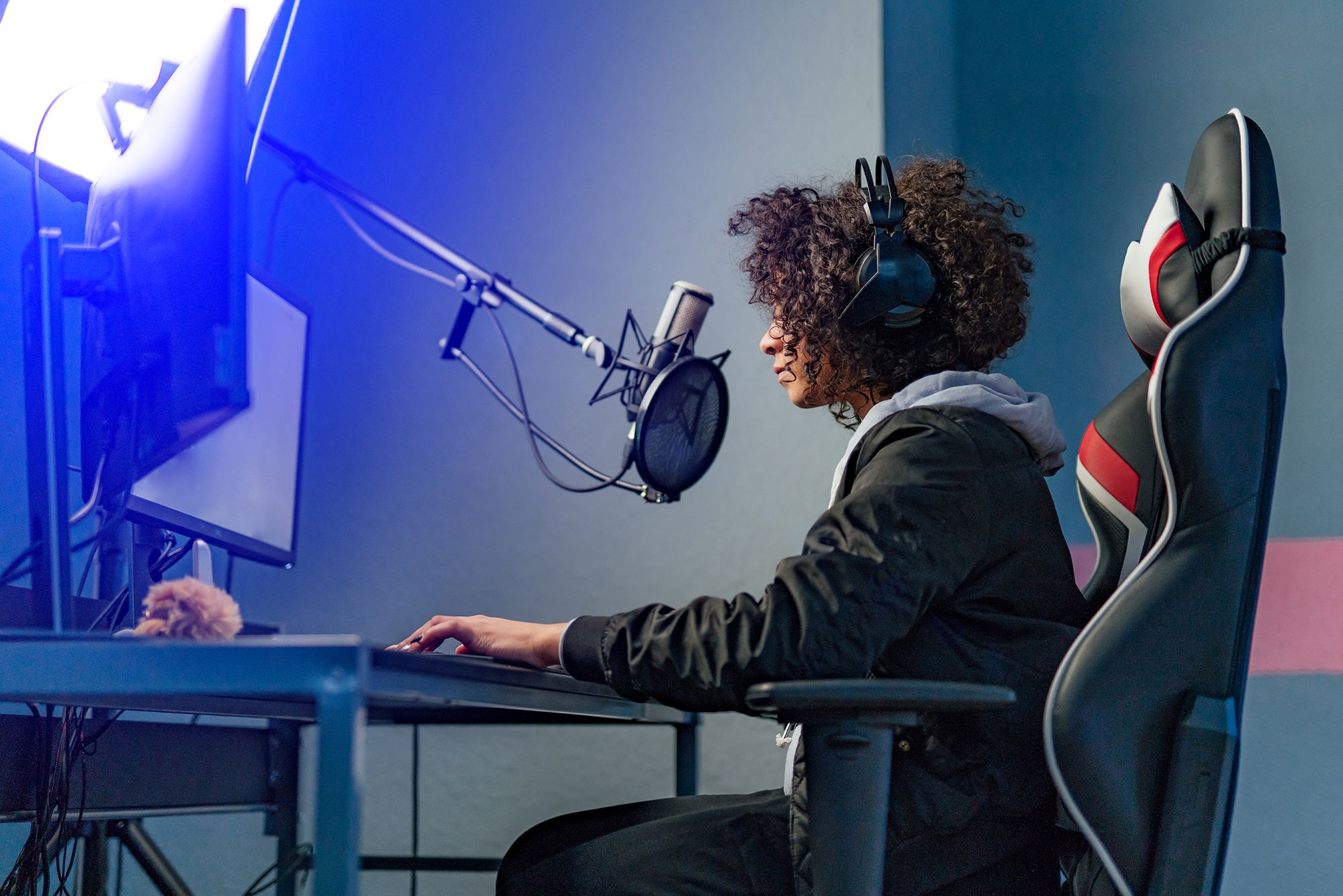
Playing to Win: The Unexpected Benefits of Video Gaming
The video game industry is estimated to be worth more than $90 billion by 2020. From RTS* to RPGs**, 2.5 billion gamers across the globe likely know something that video game critics have missed. Today’s video games are complex and challenging with vast differences from the simple arcade titles of the 1970’s. Evidence is mounting that the benefits of modern video game play extend well beyond entertainment purposes. Let’s take a look at the latest findings that suggest gaming can increase brain function, strategic planning, problem solving skills, attention span, as well as social skills.
AR/VR (Augmented Reality/Virtual Reality) - Despite the similar designs of the devices themselves -- VR replaces reality, taking you somewhere else -- AR adds to reality, projecting information on top of what you're already seeing. They're both powerful technologies that have yet to make their full mark with gamers, but show a LOT of promise. These technologies can completely change how consumers will use computers in the future. Specifically to AR/VR gaming, participants visually experience that individual choices have great impact on overall outcome, and as a side benefit these gamers are becoming savvy users of the latest technology available.
MMOs (Massively Multiplayer Online) - These games are played online exclusively, with a large number of players (typically from hundreds to thousands) on the same server. MMOs usually feature a huge, open world where successful players use conflict resolution skills, project management techniques, decision making strategies, etc. Due to the constant changing landscape, MMOs have been linked to improved vision (to the point of preventing and curing cataracts!), overall visual accuracy, and improved multitasking skills.
RPGs** (Role-Playing Games) - As players assume the role of a character, their analytical skills and reasoning abilities increase. Socially, players use empathy and personal ethics to navigate game choices which are highly beneficial skills for real life situations. In puzzle/platform focused games within this category, findings show that spatial reasoning, memory, attention to detail, IQ, motor skills, and reaction time all improve with game play. Game play within this category can also slow down the brain’s aging process. In one study, just 10 hours of play led to increased cognitive functioning of participants 50 and older - improvement that lasted for several years!
RTS* (Real Time Strategy) - Thinking on your feet is a highly useful skill that must be developed and exercised. As the name indicates, these types of games use strategy in order to defeat an enemy, accomplish a given task, or co-op with other players to win. These games are in real time which means things can and do go wrong. As multitasking and prioritizing skills are tested, players learn to adapt to changing situations to “survive”.
With the rise of live streaming platforms like Twitch and Mixer, new light is being shed on stereotypical basement nerds. Gamers are now becoming popular, even to the point of being celebrities of sorts in their own communities. These are everyday people (far from the “loner” stigma) that play games while interacting with tens of thousands of people watching them.
The rise of multi-player experiences online has given way to a new form of socializing in which players work together to solve problems. Communication, coordination, articulation, positivity, etc. are major factors in multiplayer teams. Video game communities reward and encourage leadership traits through providing for other members, securing member safety, etc. Long time multiplayer video gamers have been known to display correlating motivation in their real world career and personal goals. Improvising in a game, can translate into being fast on your feet when a real life family or work crisis presents itself.
We all know someone who seems to have a much faster mental processor than average. These types can retrieve information or react within a split second. For some, that ability might be further strengthened through gaming. Fast-paced multiplayer games require individuals to quickly scan the entire screen, discern what's most important, and then react (BEFORE the opponent). Because new info is constantly being presented during a video game, players are forced to adapt quickly. In one study, players who were immersed in fast paced games were 25% faster in reacting to questions about a test image they had just seen compared to non-players.
So get out there and capture digital flags, slay fiery dragons, and save galaxies. Oeveo is here to play our part with innovative, ergonomic, and organizational solutions to help gamers achieve the ultimate gaming set-up. Contact us for more information about our NEW low profile XBox One X Mount and supporting products & services. Happy Gaming!